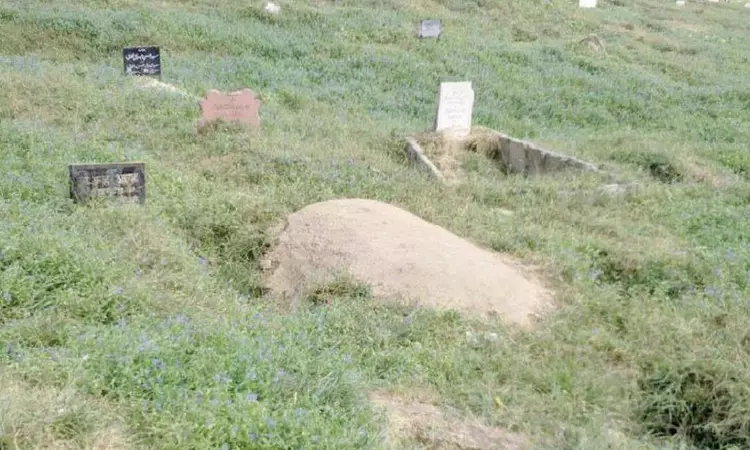Is There Need To Continue Granting Community-Based Licenses For Cremation, Burial Grounds? Kerala High Court Asks State To Examine
Navya Benny
25 April 2023 11:30 AM IST

Next Story
25 April 2023 11:30 AM IST
The Kerala High Court recently asked the State to examine whether there was any need to continue granting separate licenses for burial or burning grounds for different communities, and whether such an action would violate Articles 14 and 21 of the Indian Constitution. The Division Bench comprising Chief Justice S. Manikumar and Justice Murali Purushothaman was considering a petition...
